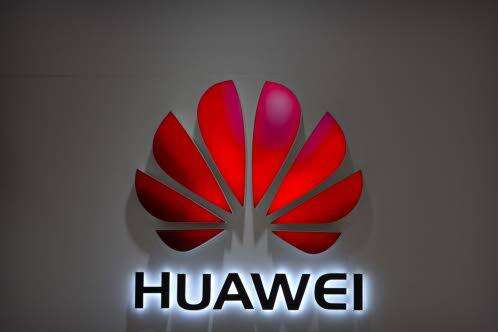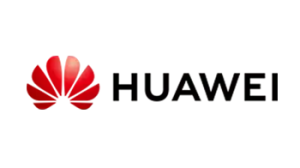Huawei South Africa has inaugurated a 14,000-square-meter smart warehouse in Johannesburg, positioning the facility as a benchmark for modernizing Africa’s logistics infrastructure.
The project integrates automation, renewable energy, and artificial intelligence to address longstanding inefficiencies in regional supply chains while aligning with global trends toward sustainable operations.
The warehouse, part of Huawei’s broader strategy to upgrade logistics systems across the continent, employs automated guided vehicles (AGVs) and forklifts (AGFs) to transport goods directly to workers, reducing manual labor and accelerating order processing. According to company officials, these innovations enable staff to complete up to 110 tasks per hour, nearly doubling traditional productivity rates. A unified digital platform coordinates all operations, reportedly increasing individual employee output by 37%.
At the core of the facility’s design is Huawei’s GEM framework, which emphasizes green energy, enhanced security, and modernized logistics. A 150-kilowatt solar power system, equipped with Huawei’s SUN2000 inverters, supplies 90% of the warehouse’s daytime electricity needs. Herman Fourie, a senior solutions manager at Huawei’s Digital Power division, noted the setup not only reduces energy costs but allows potential surplus sales to South Africa’s national grid.
Security systems leverage AI-powered cameras capable of full-color monitoring in darkness and real-time threat detection, eliminating the need for large control rooms. Meanwhile, paper-based workflows have been replaced by handheld PDA scanners linked to an automated inventory management system.
“This facility reflects the transformation underway in Africa’s logistics sector,” said Will Meng, CEO of Huawei South Africa, during the launch event. He cited projections showing South Africa’s warehouse and logistics market growing from $93 billion in 2024 to $157 billion by 2032, driven by demands for faster, more resilient supply chains.
The Johannesburg hub arrives as African nations grapple with supply chain vulnerabilities exposed by global disruptions, from pandemic-related delays to rising fuel costs. While Huawei’s investment highlights the potential of smart technologies to mitigate these challenges, it also raises questions about the scalability of such high-tech solutions in regions with uneven energy access and digital infrastructure.
Industry analysts note that Huawei’s push into African logistics aligns with its broader ambitions to expand beyond telecommunications infrastructure. The company has increasingly positioned itself as a partner in Africa’s digital transformation, with projects ranging from data centers to urban surveillance systems. However, the long-term impact of this warehouse model will depend on its adaptability to diverse markets and collaboration with local stakeholders to address infrastructure gaps.
As African economies seek to strengthen intracontinental trade under the African Continental Free Trade Area, investments in logistics modernization could prove pivotal. Huawei’s Johannesburg project, while still in its early stages, offers a test case for whether technology-driven efficiency gains can translate into broader economic benefits across the region’s supply chains.
Source: News Ghana





